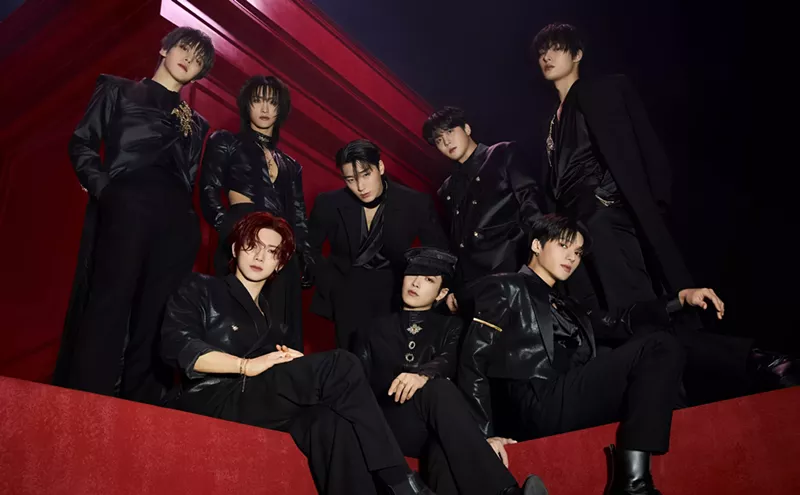The eerie déjà vu proves detrimental, but to be fair, let's assume the multiplex mob hasn't visited the art house in recent months for the mostly identical Ju-On: The Grudge. Gently retooled by screenwriter Stephen Susco (Dumbstruck), The Grudge now concerns an American exchange student named Karen (Sarah Michelle Gellar) who's stationed in urban Japan with her boyfriend Doug (James Behr), who is slightly prettier than she is. Thus challenged, she distracts herself by volunteering at a welfare center, which leads her to a bland yet disturbing suburban house where production designers fear to tread. Therein, she encounters one of those terrifying-force-that-destroys-everybody sorts of things.
Since monsters need meat, we're introduced to young Yoko (Yoko Maki), a Japanese welfare agent who visits matronly Emma (Grace Zabriskie), a catatonic Caucasian woman living in the dubious house. Karen is sent in after Yoko vanishes, but meanwhile, via flashback, we meet Emma's children, Susan (Kadee Strickland) and Matthew (William Mapother), as well as Matthew's wife, Jennifer (Clea Duvall), all of whom are sensationally boring and thus marked for slaughter (this being PG 13-rated slaughter for the masses, mind you). Right up front, we also get to observe Bill Pullman committing suicide, but the hellish curse of endless rage and fury still punishes him by forcing him to return later in the movie.
And what is "the grudge," exactly? Well, as before, it involves a scary little boy (Yuya Ozeki) and his scary little mom (Takako Fuji) who reprise their roles for the fifth time. Their shared mission is to pop up at inappropriate times amid weird noises--the director's penchant for croaking still summons abject terror of mutant frogs--to make scary faces at Gellar and most everybody else. Why? This is where the remake succeeds over the original, as it bumps some grisly murder footage from the top of the show way back to its nether regions, leaving us confounded but then actually rigging up a payoff. Without saying too much, the ghosts' murderous grudge is the equivalent of driving really badly because somebody just cut you off. Balanced in karma they are not.
If only the movie were lighter on its feet and possessed a sense of wit. The dialogue and its delivery are crushingly dull, and humor sparks primarily when the overall flatness becomes unintentionally amusing. A prime example involves Ryo Ishibashi as the latest incarnation of Detective Nakagawa, who casually explains the inescapable, wrenching horror to Gellar while the camera inexplicably swoops around their urban rooftop location like a deranged bat. Only Sam Raimi's brother Ted--a charmer who's also perhaps Hollywood's biggest nepotism beneficiary--scores intentional giggles. Noting bloody slop on the floor, he hastens to stick his hand into it. Noting that it has dripped from a shambling, shredded co-worker, he deadpans, "What happened?" His scream thereafter is the movie's silliest--and truest--moment.
As for that noisy sandwich, it had to wait until after the end credits, not because The Grudge captivates, but because its shocks are--like Thomas Hobbes' view of life--nasty, brutish and short. This is Shimizu's primary strength, his stock in trade: setting up brief, creepy moments that quickly turn mean, then leaving us adrift in relative silence to wonder what just happened. (Even Gellar gazes directly at a large, floating black phantasm, then vaguely dismisses it as "something.") If a few modestly budgeted freak-outs appeal to you, have at them. Or better, just revisit Ringu/The Ring, or wait for the remakes of Dark Water and The Eye, or heck, have some fun instead and check out the wonderful original Japanese version of Shall We Dance?
If only this production had begun with, you know, a script, rather than a retread of random twists. Susco may be commended for his tailoring job, excising Shimizu's more extraneous bits (the multiple cats and screeching schoolgirls are gone) and concocting a climax involving Pullman's character that scrapes at real romantic passion and delusion. But despite the tighter rewrite and the slicker production, it's obvious that Shimizu is still searching for what scares him, and until he finds it, he doesn't stand--ahem--a ghost of a chance of frightening us.








